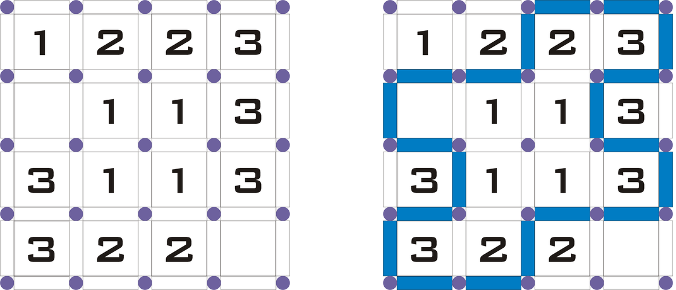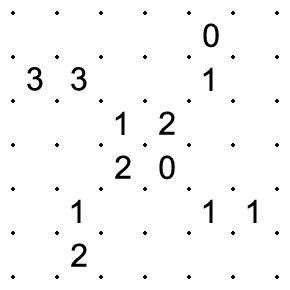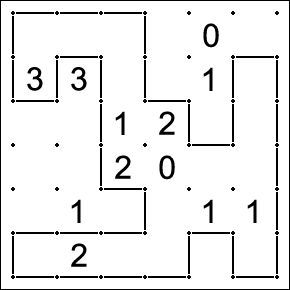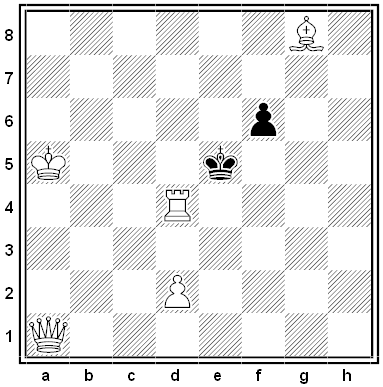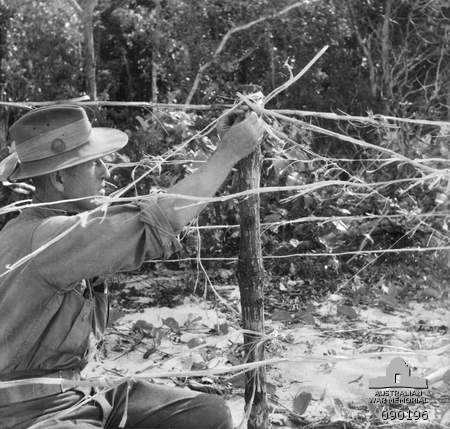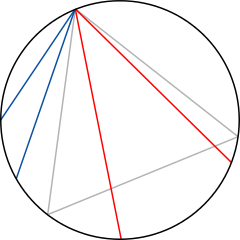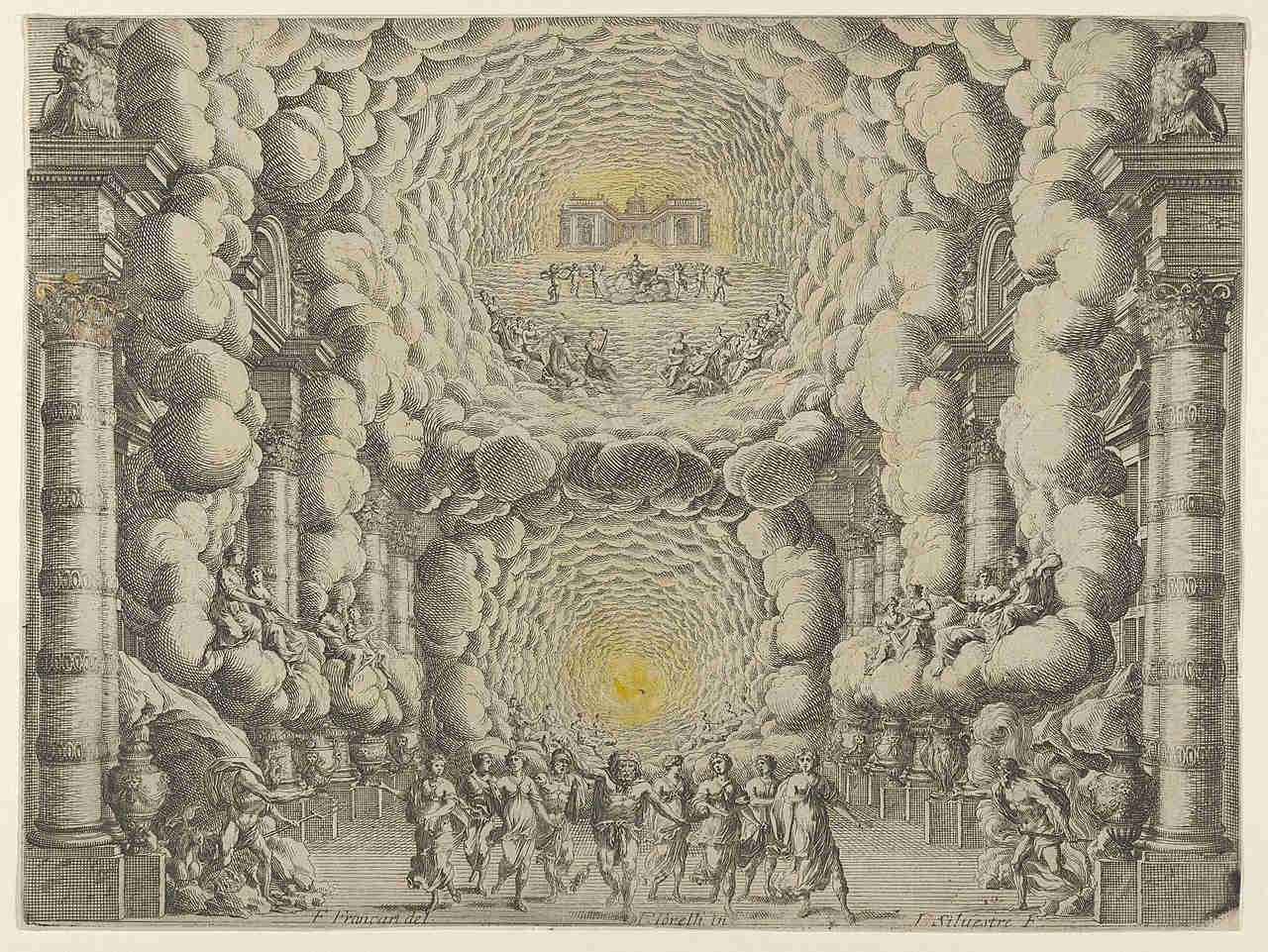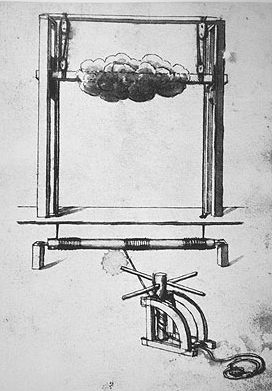Answer these questions:
- A bat and a ball cost $1.10 in total. The bat costs $1.00 more than the ball. How much does the ball cost? _____ cents
- If it takes 5 machines 5 minutes to make 5 widgets, how long would it take 100 machines to make 100 widgets? _____ minutes
- In a lake, there is a patch of lily pads. Every day, the patch doubles in size. If it takes 48 days for the patch to cover the entire lake, how long would it take for the patch to cover half of the lake? _____ days
The correct answers are 5 cents, 5 minutes, and 47 days, but each question also invites a quick, intuitive response that’s wrong. In order to succeed, you have to suppress your “gut” response and reflect on your own cognition deeply enough to see the error. Psychologist Shane Frederick devised the three-question test in 2005 to illustrate these two modes of thought, unreflective and reflective, which he called System 1 and System 2.
Scores on the CRT correlate with various measures of intelligence, patience, and deliberation, but cognitive ability alone isn’t strongly correlated with CRT scores: If you’re not disposed to answer impulsively then the problems aren’t hard, and if you do answer impulsively then cognitive ability won’t help you. A sample of students at MIT averaged 2.18 correct answers, Princeton 1.63, Carnegie Mellon 1.51, Harvard 1.43; see the link below for more.
(Shane Frederick, “Cognitive Reflection and Decision Making,” Journal of Economic Perspectives 19:4 [2005], 25-42.) (Thanks, Drake.)

